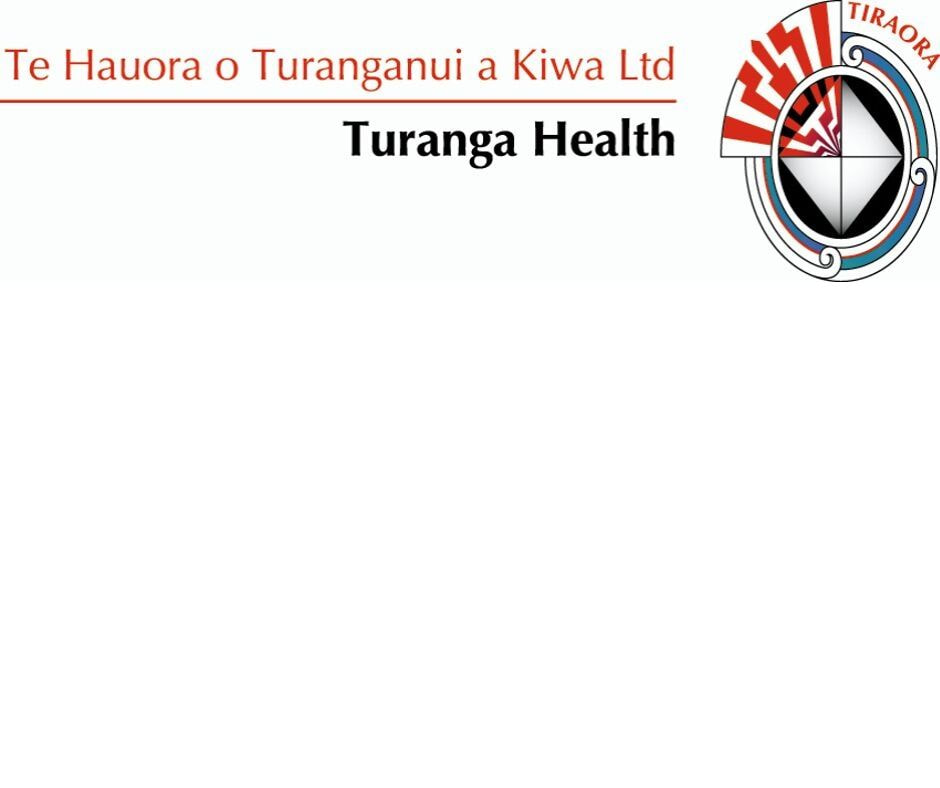 RURAL residents aged nine and older will be able to get their influenza vaccination this month at a Tūranga Health drive-through clinic. COVID-19 vaccinations, boosters, and COVID-19 paediatric vaccinations will also be available at the rural drive-through clinics. This year Māori health organisation Tūranga Health in te Tairāwhiti has opted to make the vaccination available to people aged nine and older in rural settings. Chief executive Reweti Ropiha says in an ordinary year anyone can become seriously ill from the influenza virus. “But this is not an ordinary year which is why we have decided to deliver the vaccine to rural whānau aged nine and older.” “Influenza rates have been very low in the past two years due to lockdowns and border closures. While we cannot predict how mild or severe a winter flu season will be, with the international borders now reopened Aotearoa is again connected to the rest of the world.” “With more Kiwis returning home and tourism increasing, rates of flu are expected to rise.” Tūranga Health’s rural influenza drive-through vaccination clinics have been modelled on the successful COVID-19 drive-through vaccination clinics held across the rohe for the past two years. Mr Ropiha says the drive-through model makes sense for a number of reasons. “In the drive-through model members of the public go through the end-to-end vaccination process while in their vehicles. It’s a safe and efficient way to deliver the influenza vaccination without putting everyone at risk of infection from any of the respiratory illnesses circulating in the community right now.” Mr Ropiha says anyone who wants to be protected from influenza this year can come through a rural clinic. Tūranga Health’s Dr Patrick McHugh says the influenza vaccine can be safely administered at the same time as the COVID-19 vaccine - whether that be a booster shot or paediatric vaccine. “You can have a COVID-19 vaccine or booster at the same time as your flu vaccine. There’s no need to leave a gap between these vaccines.” Dr McHugh says COVID-19 is still prevalent in Tairāwhiti with multiple cases being reported daily. He warns that the local prevalence of respiratory disease, along with international borders opening, means “we’ll see new and re-occurring strains of flu spreading in our community.” “The flu can be serious and make people very unwell. It affects the whole body and can last up to a week or more. For best protection it's best to get the flu jab before winter.” In some cases, the flu can put people in hospital – particularly if you are 65 or older or are Māori or Pacific. In severe cases, the flu can be fatal. The rural influenza drive-through vaccination clinics will be in Te Karaka, Waihirere, Manutuke, Patutahi, Muriwai, Matawai and Waerenga-o-Kuri. Keep an eye on the turangahealth.co.nz home page for locations and times.
1 Comment
Original story written by Meriana Johnson of The Spinoff: Read here  Most mandates may be about to be dropped, but with omicron sweeping the country, many unvaccinated Māori are making the decision to get protected for their whānau – even some who were once vehemently opposed. Every day, families across the country are losing loved ones to the virus. This hit a peak on Tuesday of 34 deaths. The numbers of Māori hospitalised is on the rise, as reported by the director general of health Ashley Bloomfield on March 24. In that same week, Māori also made up the majority of community cases, with the highest number of cases per capita for Māori in Tairāwhiti. But there is a much smaller, but by no means less significant, number being reported daily. The number of first doses administered. Over a year on from the start of vaccination rollout (although only eight months on from when everyone eligible could receive it), some are now making the decision to get vaccinated – the majority of those Māori. In fact, tangata whenua made up two-thirds of all the first doses administered in the two-week period of March 14-30 (3,022 in total), with 2,043 Māori receiving their first vaccine. Māori health providers, such as Te Hau Ora o Ngāpuhi in Kaikohe and Tūranga Health in Gisborne, are a big part of driving this uptake. In Tairāwahiti, where first-dose vaccination coverage has reached 91%, Gisborne Māori health provider Tūranga Heath is continuing to run community clinics. Tūranga Health chief executive Reweti Ropiha says they largely get whānau and rangatahi coming in for their second vaccine, but 15-20 people have come in for their first dose in the last fortnight. He says most of them are coming through as couples, and he says their driver for finally getting vaccinated is the anxiety. One couple he spoke with were originally strongly anti-vax but they’d seen the impacts on their whānau, and were concerned about their mokopuna with asthma contracting the virus. “It put a smile on my dial that even over the duration of this hīkoi, this journey, their consideration was still about stepping forth [to get vaccinated], ” Ropiha says. At this stage in the rollout, Ropiha is focused on going to people, literally bringing the vaccine to their doorstep, as he says whānau feel more comfortable doing it in their own backyard. “A lot of the whānau enjoyed having a Māori kaimahi there so they can also have a kōrero, particularly around the timeframes, like the stand-down times [for their second dose] if they get Covid”. Māori health providers continue to be innovative in getting their people vaccinated. Through whānau networks, they are continuing to push to get as many Māori vaccinated as possible. A recent success for Te Hau Ora o Ngā Puhi was vaccinating 100 people through the Whakaoranga Whānau Recovery Hub, a methamphetamine rehabilitation programme. Following a hui held with those recovering through the programme and their whānau, 70% of those who attended decided to get the vaccine. The mandates might be dropping, but for Reweti Ropiha at Tūranga Health that doesn’t mean he’ll be ending community vaccination clinics. He says the focus now is lifting rangatahi Covid-19 vaccination rates, and then, getting people vaccinated against the flu. Te Hau Ora o Ngāpuhi Covid response lead Tia Ashby says in the town of Kaikohe, there is increased anxiety because of the current outbreak in the community. “They’ve witnessed some of their own family having severe symptoms and ending up in hospital, and now because it is something they can see, it’s tangible, it’s encouraged them to go and get vaccinated to protect those who are most vulnerable, like their kuia and kaumātua that they want to go visit at the marae, and their children,” says Ashby. “For others, it’s about finally getting the right information because they had a lot of information overload and they said the anti-mandate, anti-vax stuff was starting to confuse them… they already have a lot of distrust of the government surrounding their experiences of Oranga Tamariki, with MSD, [and] some of the information coming in – they didn’t know who to listen to.” In the last fortnight, Ashby says roughly 80-100 whānau have come through for their first dose of the vaccine. It’s a tough pill to swallow for some who’ve been fervently against the vaccine, and Ashby has received a handful of phone calls from whānau who’ve asked if she’ll go directly to the house of one of their loved ones who is too whakamā to go in after speaking out so vocally. One of these people, Ashby says, was someone who had abused her and her team, including throwing things at them, when they were out doing a vaccination drive. Charges could have been laid but Ashby says “they aren’t like that”, and when they finally asked her for the vaccine she was happy for them. “We knew that health literacy hadn’t been addressed, and it would have been unfair to put our own bias onto their thinking. “We just wanted a chance to be able to sit down and have a kōrero with them like this, but I think at the time they were heavily influenced by information around them and a lot of that turned to hate and anger because of the mandates.” Kuini Daniels is a Kaikohe nurse who says while she knew of the benefits of vaccination, and had received child vaccines like meningococcal, she was still hesitant about getting the Covid-19 vaccine. She says she felt torn between her professional judgement and her Māori side; her culture, beliefs, kawa and tikanga, and the strong resistance from her people to Crown-imposed action. However, there was a lot of guilt in not being able to support her kaimahi on the frontline, she says, so she finally decided to get vaccinated a couple of days after the mandate for health workers came in. She says while there were options for doing administrative work, working on the frontline was what she loved, and getting vaccinated allowed her to get back out there. |
Media Releases
Email us if you want to receive our media releases. Archives
February 2024
|


